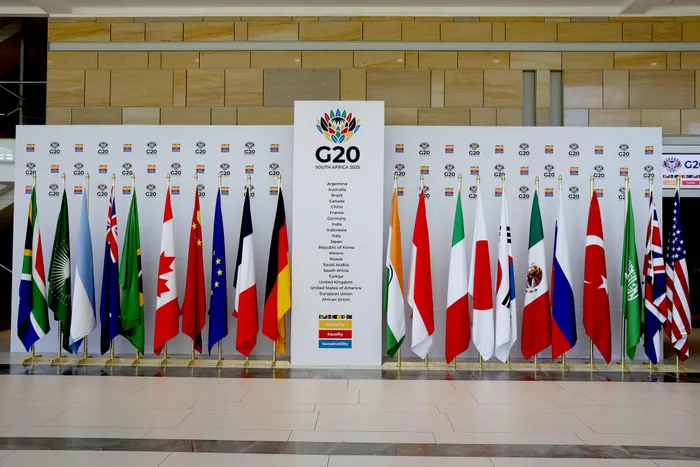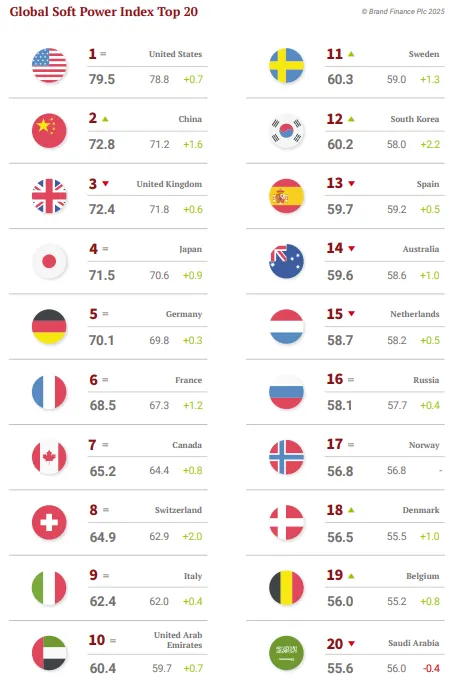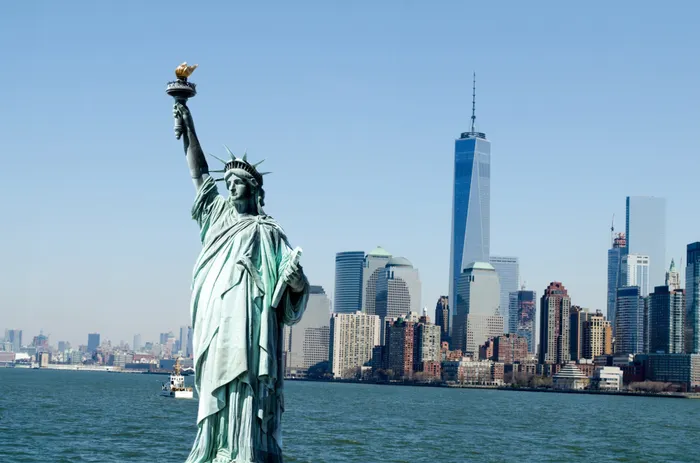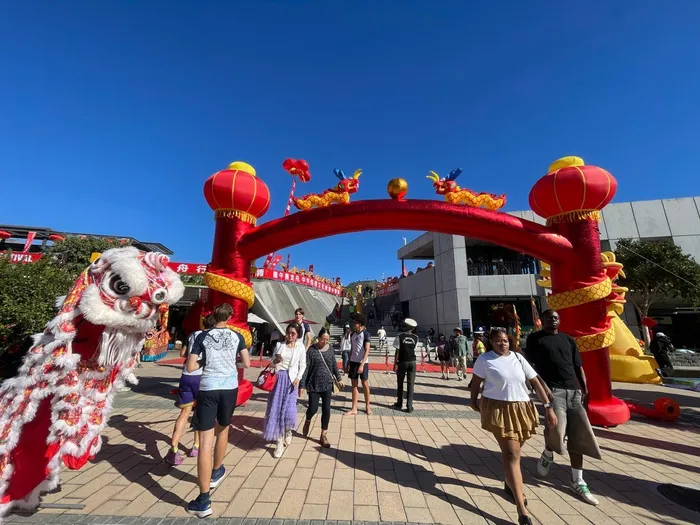Perception check: how the Global Soft Power Index 2025 measures who’s got the charm

Twenty nations will come together for the G20 Summit in Johannesburg in November, but how does South African fare in the field of soft power?
Image: Supplied
The United States and China hold the world in their sway, their cultural and economic might casting long shadows across the global stage - from Hollywood’s blockbusters to Beijing’s Belt and Road, these giants shape how nations are perceived.
Meanwhile, South Africa, with its vibrant culture and natural splendour, stands at a crossroads, its potential tempered by the need to address governance, unemployment and inequality.
In this complex dance of influence, the Global Soft Power Index 2025 offers a lens into how countries wield their non-military clout - revealing who’s winning hearts and minds, and who’s still finding their footing.

The Global Soft Power Index provides metrics that help navigate the complex issue of how nations are perceived.
Image: Supplied
Decoding the Index
The Global Soft Power Index, now in its eighth year, is the brainchild of Brand Finance, a leading brand valuation and strategy firm.
Since its debut in 2018, the index has grown into a vital tool for governments, organisations and stakeholders seeking to understand a nation’s global reputation beyond tanks and trade.
It’s a snapshot of soft power - Joseph Nye’s concept of influence through attraction rather than coercion. The methodology is a blend of art and science, combining quantitative data with survey-based insights from thousands of respondents worldwide.
It evaluates how countries are perceived across a range of dimensions, offering a nuanced view of their global appeal.
The metrics that matter
The index measures soft power through a multifaceted framework. Cultural influence is gauged by a nation’s media, arts and entertainment exports; think films, music, or literature that resonate globally.
Governance metrics assess trust in government and political stability, while digital engagement tracks social media presence and online reputation. The appeal of a country’s people and values - multiculturalism, openness, tolerance - plays a key role, as does education and science, measured by innovation and research impact.
The business environment, reflecting investment climate and economic influence, is weighed alongside the natural environment, which considers sustainability and scenic beauty.
Together, these metrics paint a vivid picture of a nation’s ability to attract talent, investment and admiration.

The Statue of Liberty in New York is globally recognised, but it has lost some of its shine when it comes to soft power.
Image: File
The US: A titan with fault lines
The United States remains the gold standard of soft power, its influence anchored in cultural juggernauts like Hollywood, tech giants like Apple, and the enduring allure of its democratic ideals. The 2025 index reaffirms its dominance, with high scores in cultural exports and innovation.
Yet, its grip is loosening. Geopolitical tensions - trade disputes, foreign policy debates - have dented its image as a global leader. At home, social divisions and political polarisation have softened its governance scores.
“The US is still a cultural powerhouse,” notes a Brand Finance researcher, “but its soft power depends on rebuilding trust.” The data reflects this delicate balance: a nation unmatched in reach, yet vulnerable to internal cracks.

China's Dragon Boat Festival at Cape Town's V&A Waterfront has always drawn large crowds and is a fine example of a nation's use of soft power.
Image: File / Ian Landsberg / Independent Newspapers
China: A rising star with hurdles
China’s soft power ascent is a study in ambition. Through initiatives like the Belt and Road and cultural outposts like Confucius Institutes, Beijing is crafting a narrative of progress and global partnership.
Its technological prowess - 5G networks, AI advancements - bolsters its digital engagement scores, while state-backed media amplifies its voice. The 2025 index shows China climbing, its economic story resonating globally.
But challenges persist. Concerns over transparency, governance and human rights weigh on its rankings, creating a gap between aspiration and perception.
“China’s investing billions in its image,” says a Beijing-based analyst, “but soft power requires trust, not just reach.” The nation’s rise is undeniable, yet its global embrace remains cautious.

The majestic Drakensberg mountain range runs through half of South Africa, but the country's soft power journey has some obstacles in its path.
Image: Annie Dorasamy
South Africa: A gem in need of polish
South Africa’s soft power is a vibrant mosaic of cultural diversity, from Soweto’s jazz to Cape Town’s art galleries, paired with natural wonders like the Drakensberg Mountains and the Kruger National Park. The 2025 index places it mid-tier, reflecting its potential as an African leader.
The role of civil society is key in drawing in nations of the world through competitions, exchange programmes and innovations.
Its cultural and natural environment scores shine, but governance issues - political instability, economic inequality - cast a shadow.
“South Africa could be a soft power dynamo,” says a Johannesburg policy expert, “but it needs stability and reform.” Efforts to boost tourism and tech innovation, like Pretoria’s growing startup scene, offer hope.
If South Africa can strengthen its governance and regional influence, it could transform its promise into a global impact.
Related Topics: